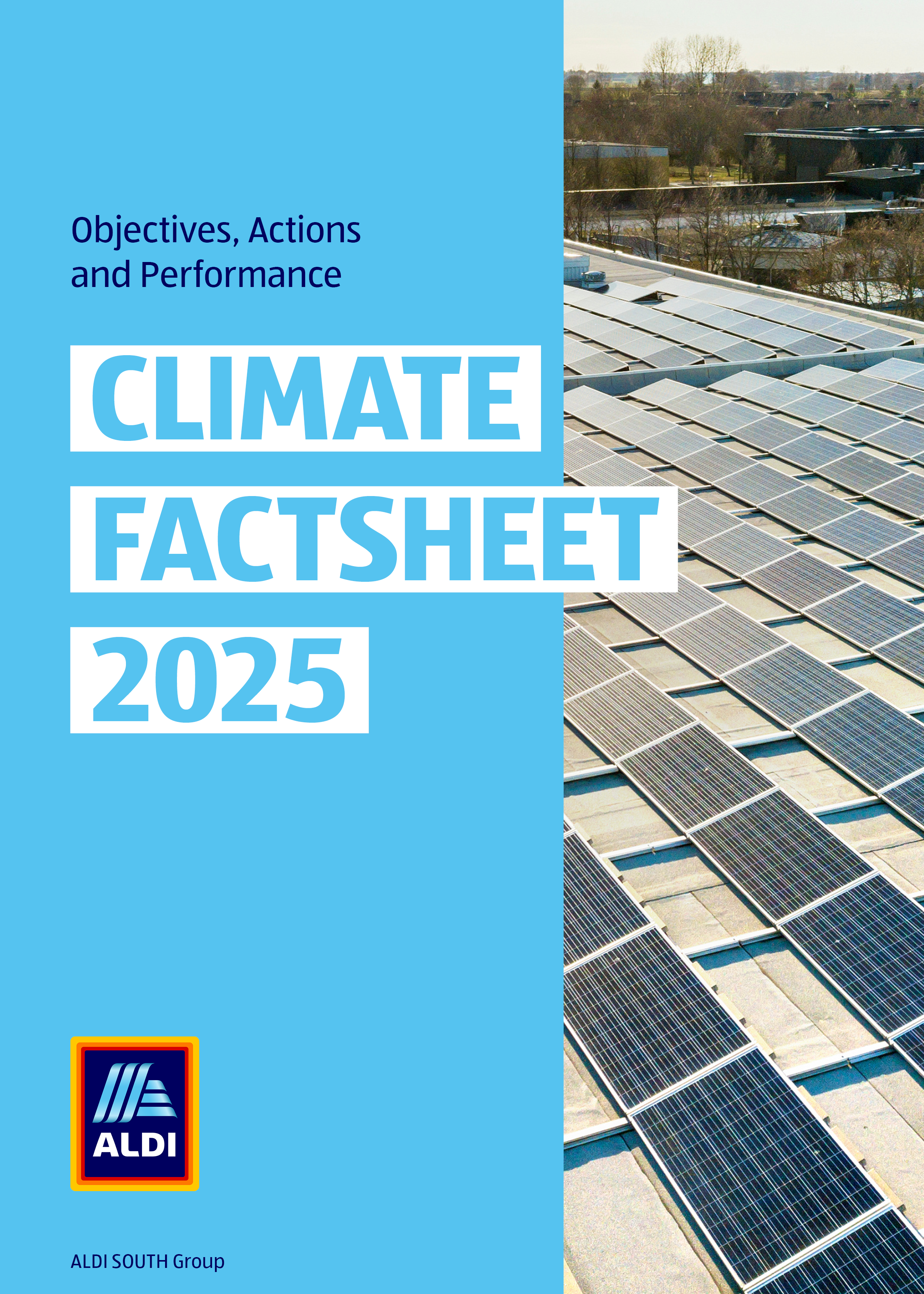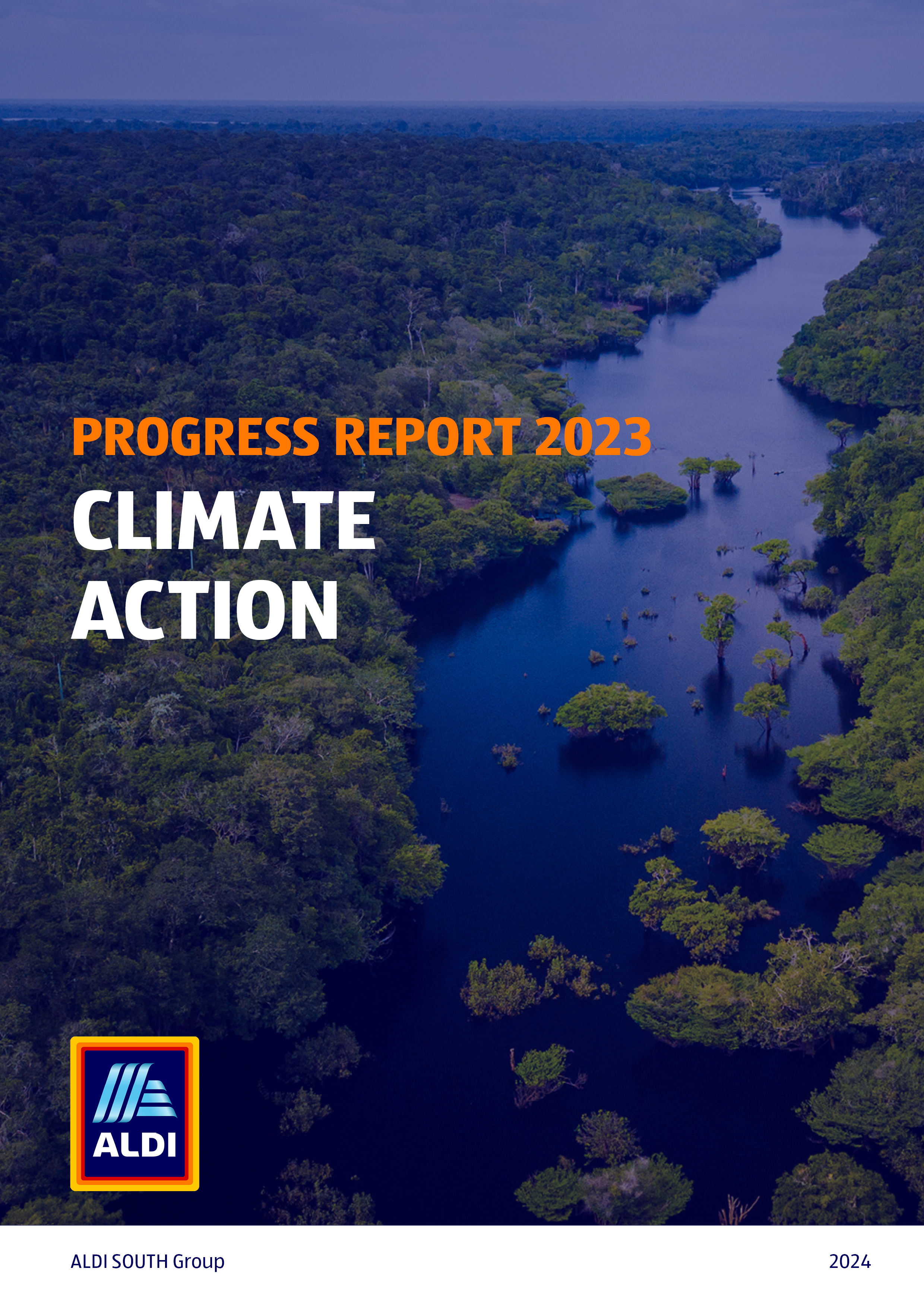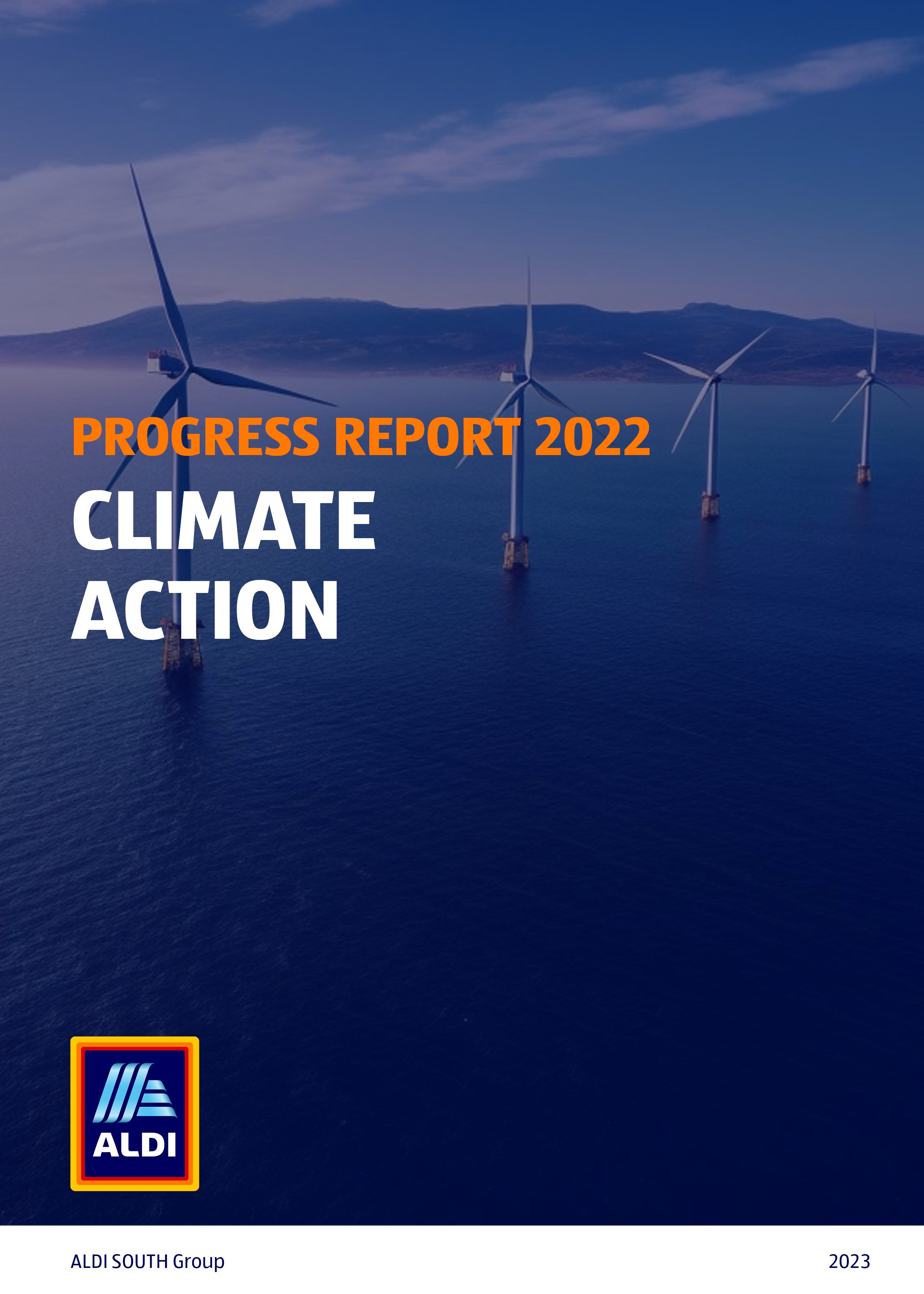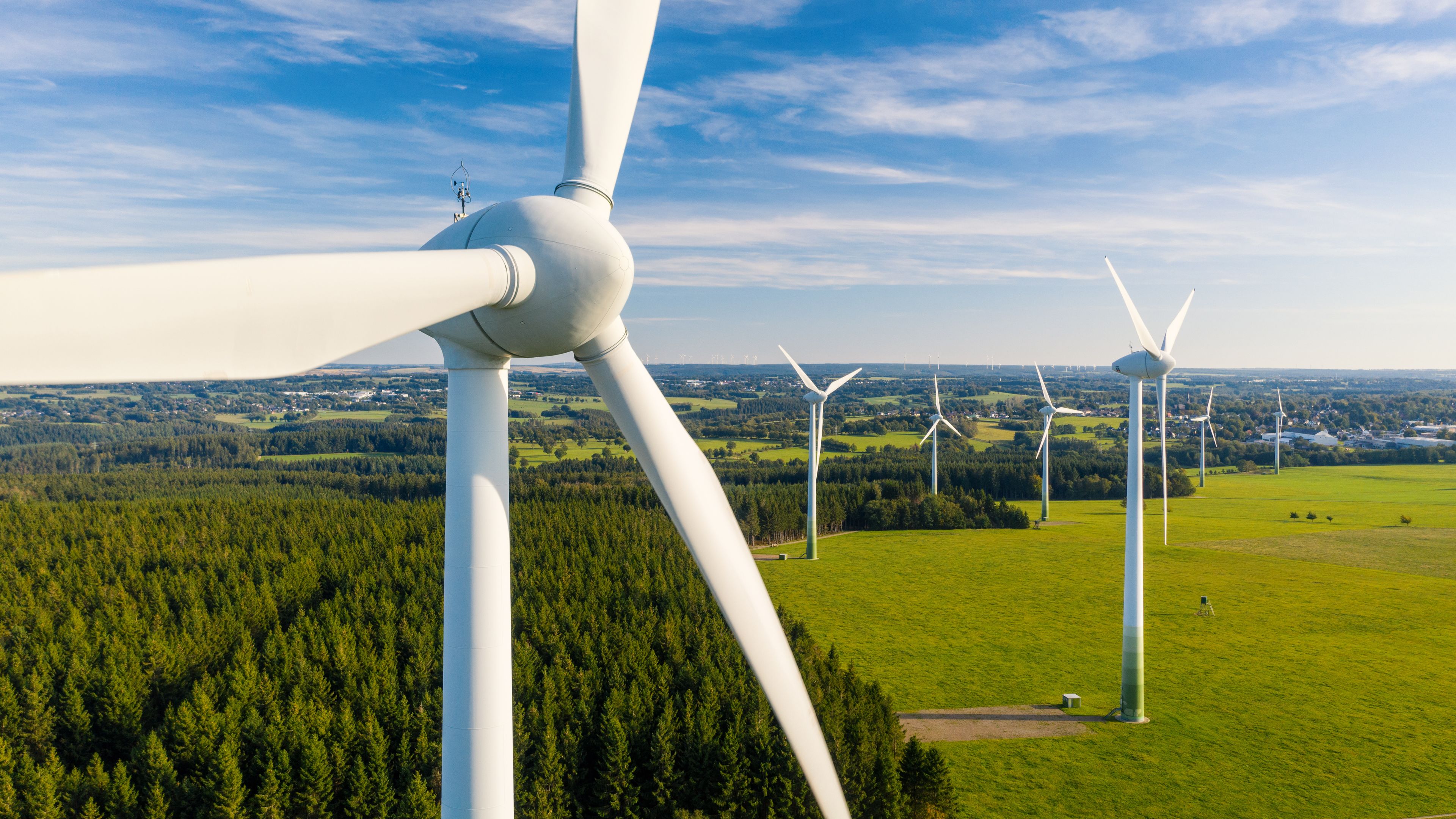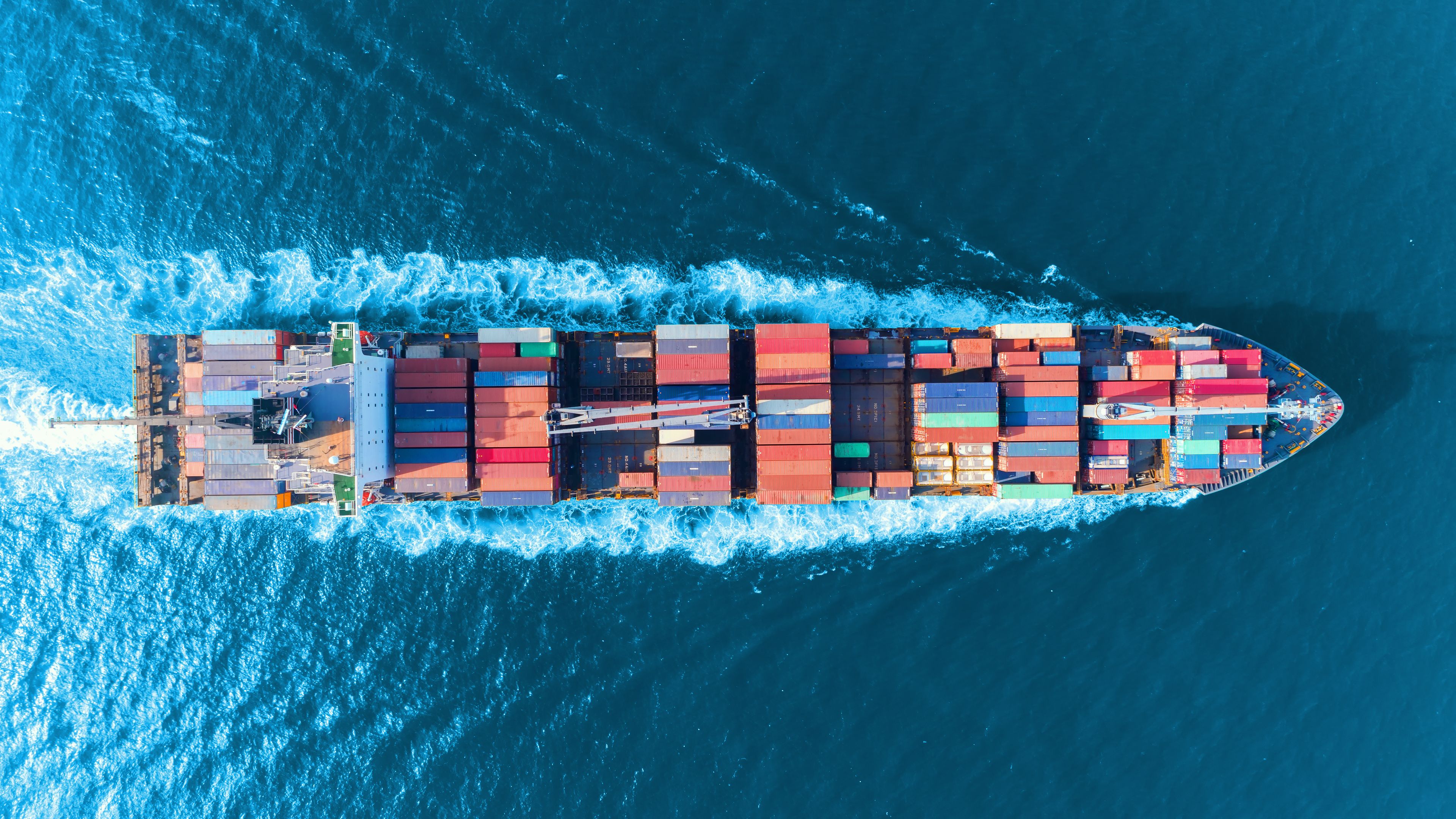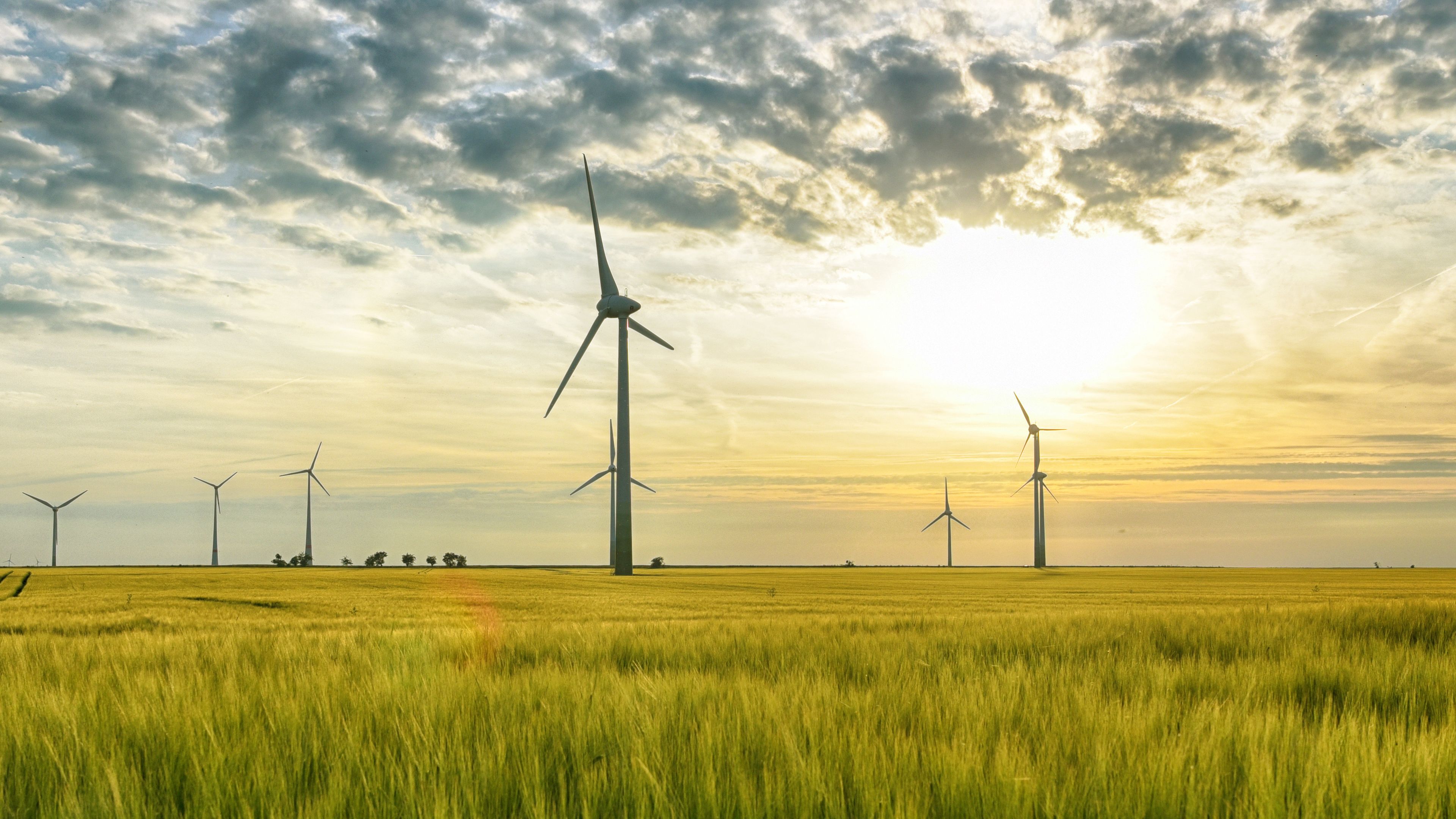
We are aware that our business activities have a significant impact on the climate and the environment. The ALDI SOUTH Group is working towards net-zero by reducing carbon emissions in our own operations and along our supply chains.
How climate change affects us
The realities of climate change are far-reaching and impact not only our business – producers, suppliers, and customers are also bearing the brunt of global warming. Environmental changes and increasingly frequent extreme weather events are impacting crop yields and livestock productivity. Rising global temperatures are also threatening our marine ecosystems.
The future of food is uncertain, and we must take action to limit the effects of global warming. Examples of food commodities that have been affected by climate change include Brazil nuts and coffee supply chains in South and Latin America where extreme weather events have had detrimental consequences. Customers are paying the price, as limited availability leads to increased prices.
At the ALDI SOUTH Group, we know that our business activities have a significant impact on the climate and environment.
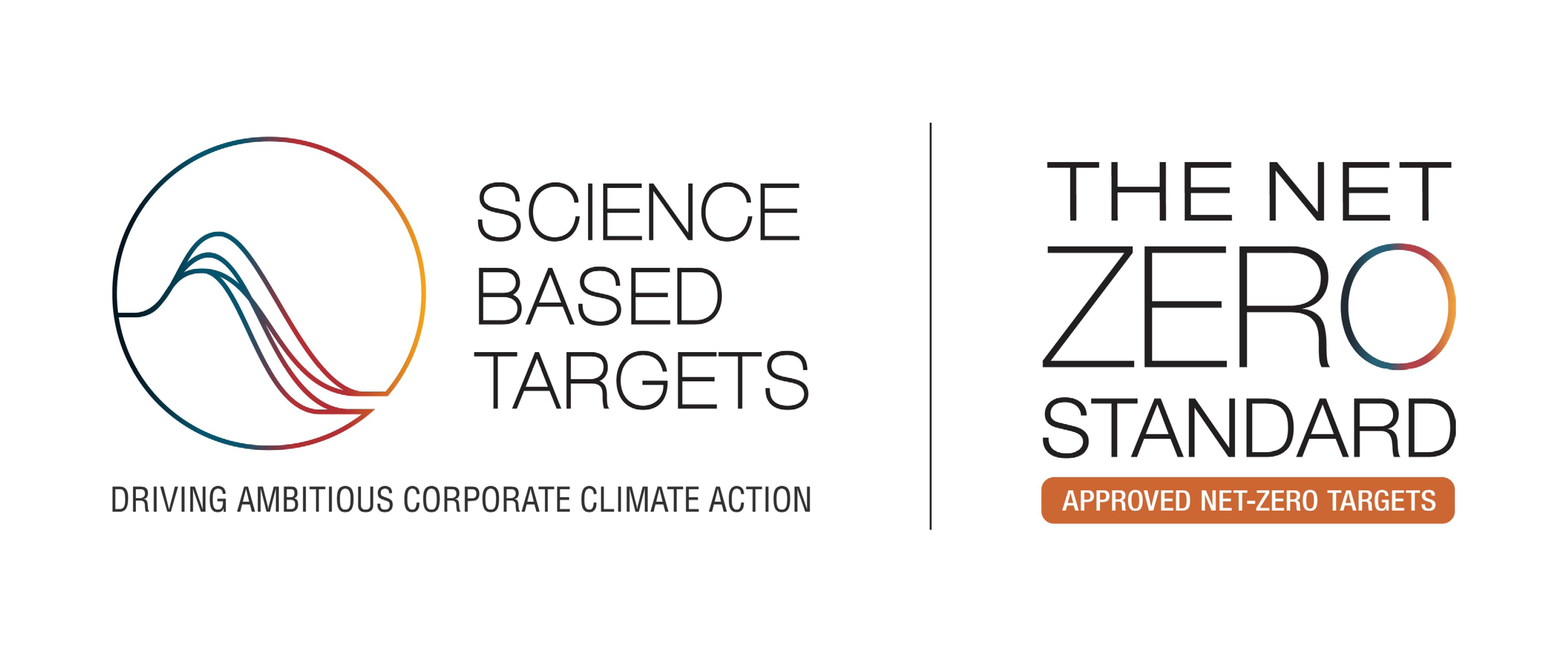
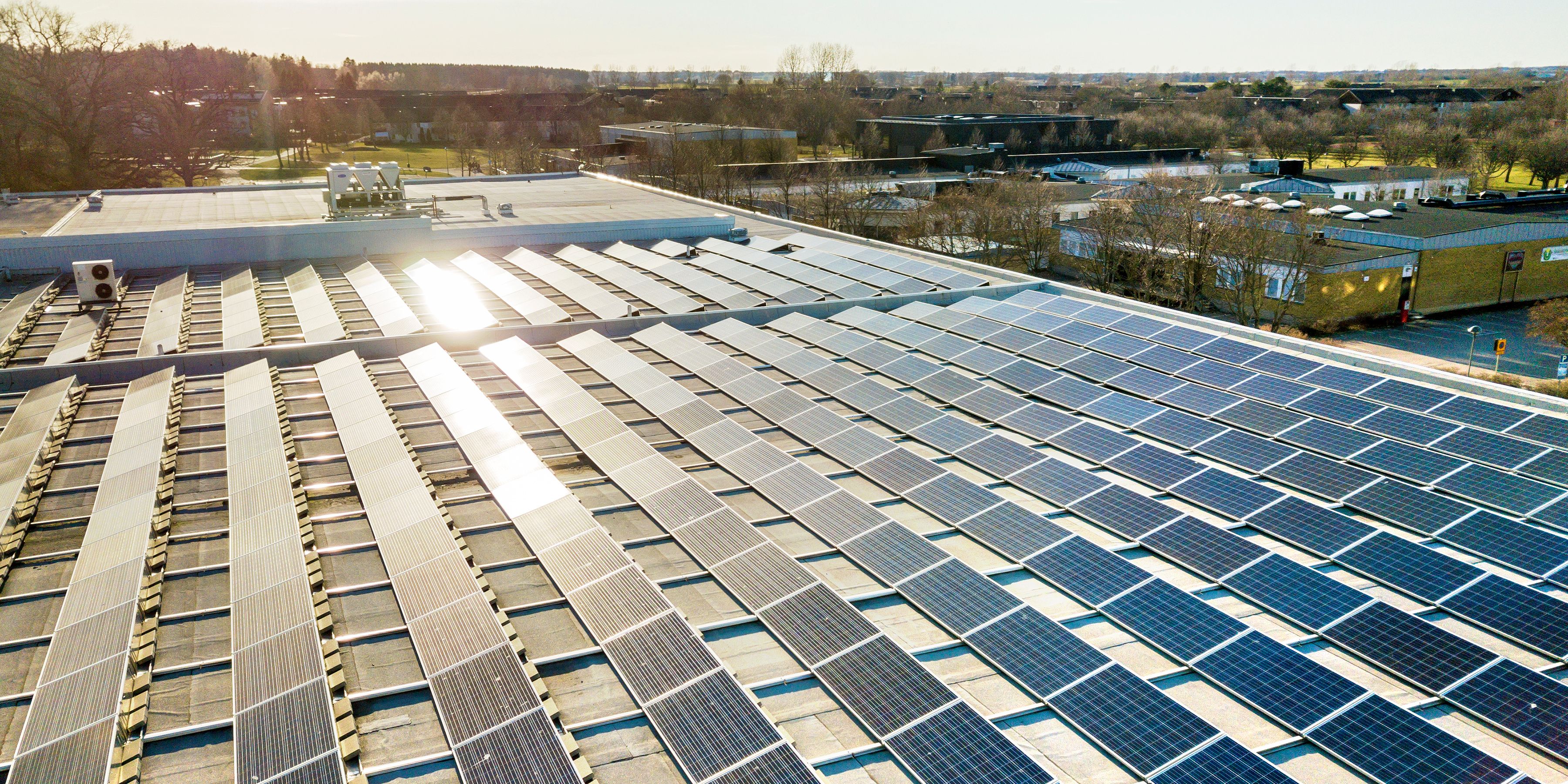
Working towards net-zero
Net-zero means that we are no longer adding to the total amount of greenhouse gases in the atmosphere. The ALDI SOUTH Group is working to minimise the environmental impact of our corporate activities by reducing our greenhouse gas emissions and ensuring that we offer more products that have minimal impact on the climate. In 2020, we became one of the first international food retailers to have a near-term emissions reduction target validated by the SBTi.
We built on this by, in 2024, becoming one of the first global grocery retailers to have science-based net-zero targets covering Scope 1+2, Scope 3 and FLAG emissions approved by the SBTi. We focus our efforts on emissions directly related to our corporate activities, as well as indirect emissions in our upstream and downstream supply chains. As part of our broader commitment, we will work with our business partners to help them reduce their greenhouse gas emissions and promote climate protection projects along our supply chains.
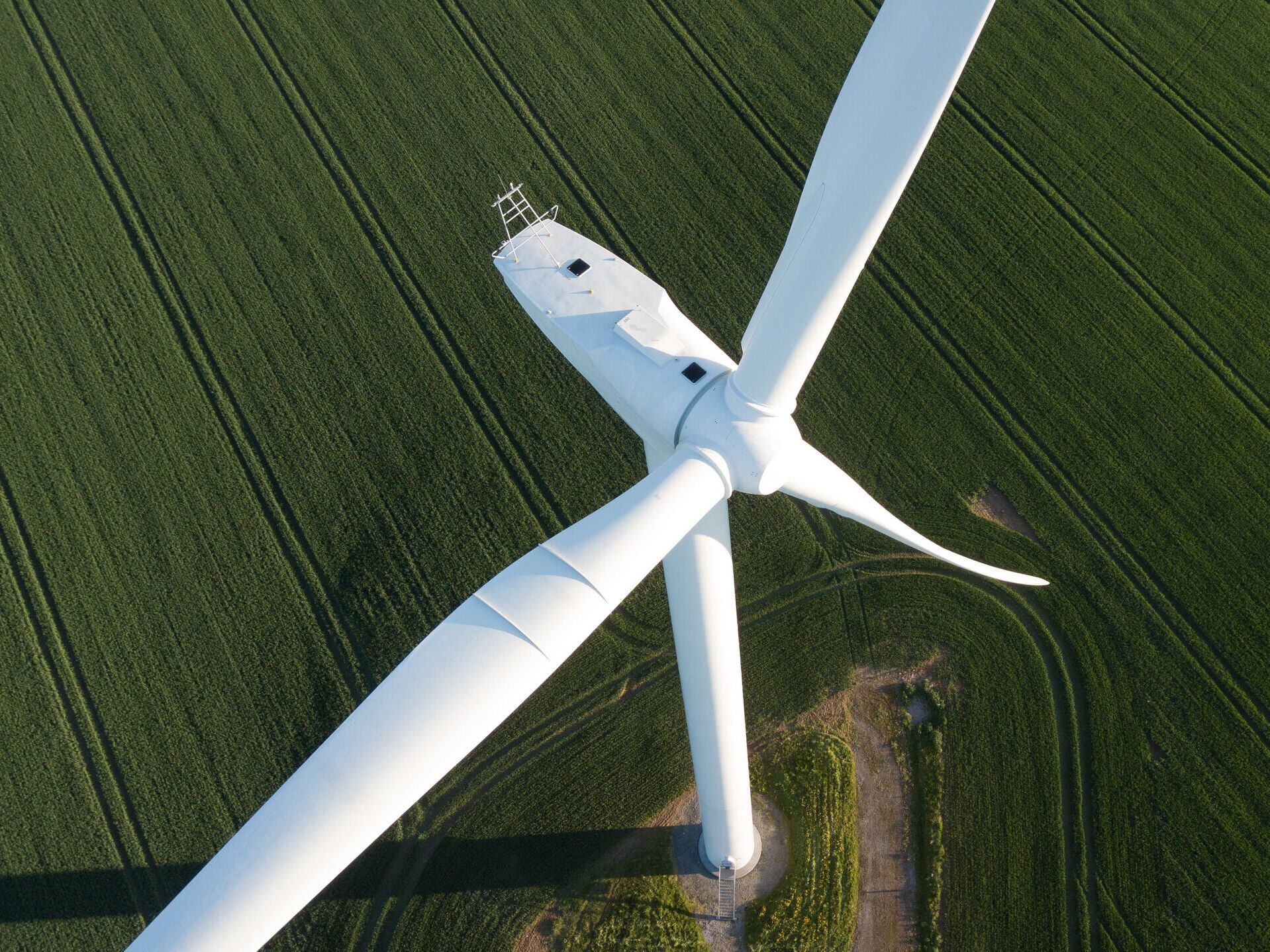
ALDI commits to science-based climate targets
The ALDI SOUTH Group was one of the first international retailers with a globally approved Science Based Target (SBT). The Science Based Targets initiative (SBTi) is a collaboration between Carbon Disclosure Project (CDP), the United Nations Global Compact (UNGC), the World Resources Institute (WRI) and the World Wide Fund for Nature (WWF). It defines and promotes best practices in science-based target setting and independently assesses companies’ targets.
ALDI SOUTH Group's carbon footprint
Our operational emissions – the emissions from sources that we own and control – account for less than 1% of the greenhouse gas emissions within our entire value chain. These include emissions from electricity use, refrigeration, heating sources, and transport. We have made significant progress in reducing the direct (Scope 1) and indirect (Scope 2) emissions from our operations. Since 2022, the ALDI SOUTH Group has been purchasing green electricity across all its markets. More than 99% of the electricity used in our stores, regional distribution centres, and offices comes from renewable energy sources. We have also implemented natural refrigerants within several markets.
The remaining 99% of our greenhouse gas emissions are indirect (Scope 3) emissions within our upstream and downstream supply chains, with the majority of our emissions coming from the products we sell to our customers. As a major retailer, we are in a unique position to address high-emitting supply chains by leveraging our buying power and collaborating with internal and external stakeholders to make a difference.
Our climate actions will specifically focus on reducing our carbon footprint in the following areas:
Operational emissions
- Renewable energy
- Photovoltaic systems
- Heating systems
- Refrigerants and refrigeration technology
- Car fleet
- Outbound transportation
Supply chain emissions
- Product emissions
- Inbound transportation
- Use of sold products
Cutting down operational emissions
We are constantly looking at alternative energy sources, moving away from gas and diesel towards lower carbon solutions. As our business grows, we remain committed to low-emission and energy efficiency measures in new stores and major refurbishments. More than 2,300 stores and regional distribution centres are fitted with photovoltaic systems (solar panels) and more than 6,700 stores are already running on natural refrigerants.
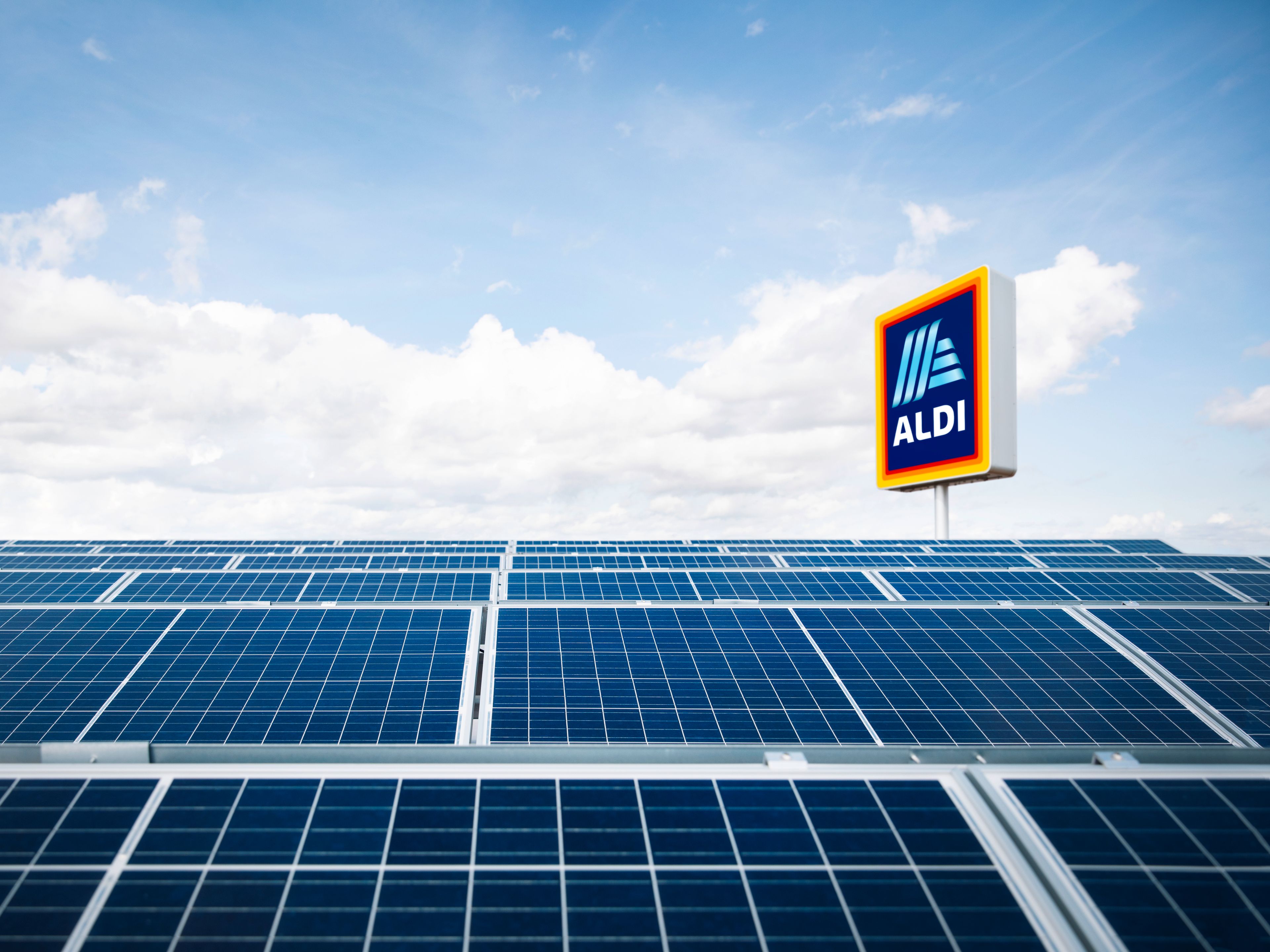
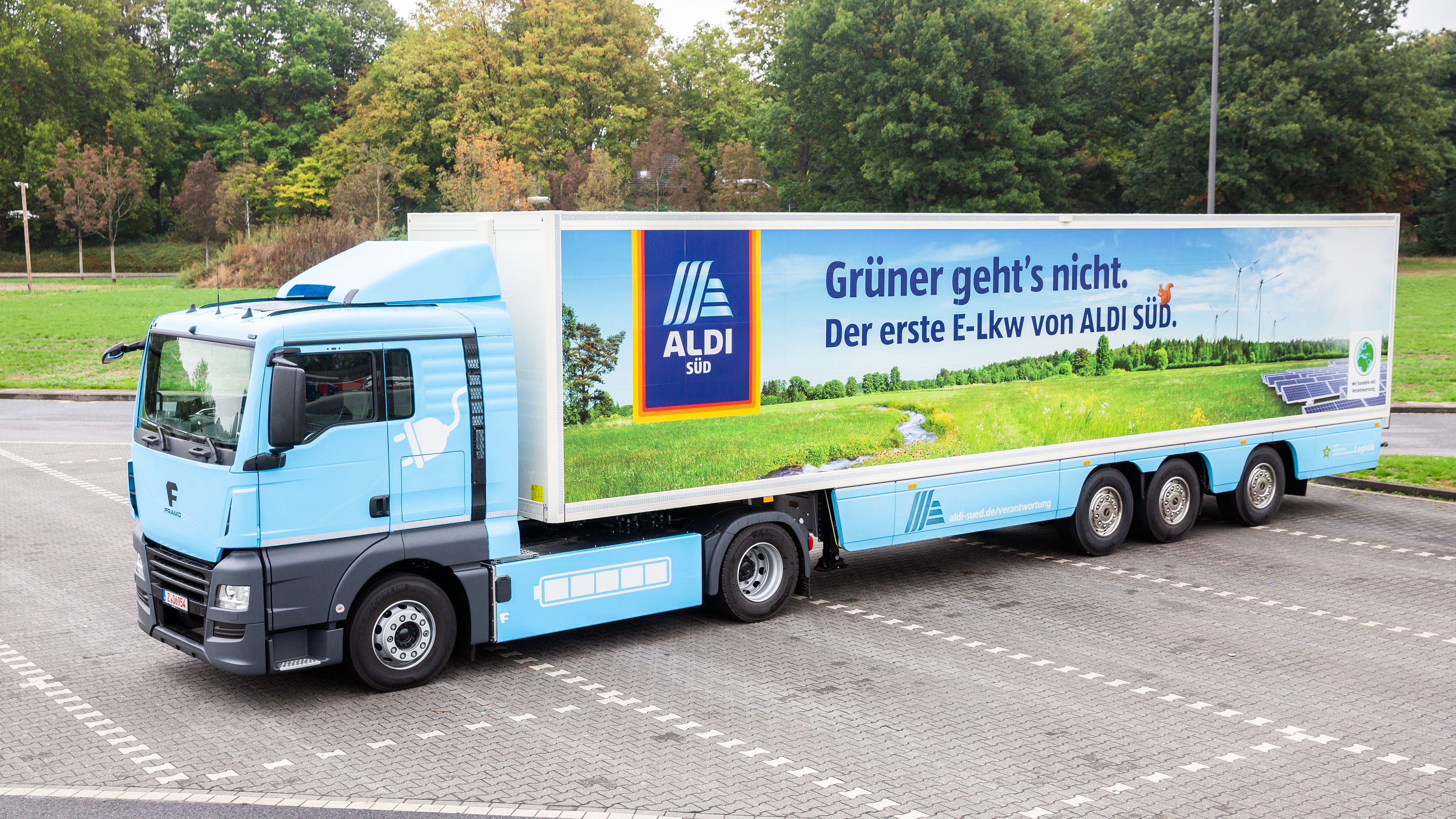
Towards a greener fleet
Every day, our logistics teams transport millions of products from distribution centres to our stores in each of our eleven ALDI markets across the globe. Each journey contributes to the greenhouse gas emissions of the ALDI SOUTH Group, and with our continued growth, unfortunately, the amount of emissions will only increase.
To mitigate our environmental impact, we are transitioning to alternative fuel types, such as Hydrotreated Vegetable Oil (HVO), and introducing electric trucks across our markets. Until we have a fully green fleet, we are implementing fuel conservation measures in our logistics operations. Our drivers are also trained to adapt their driving style to be more energy efficient.
Reducing Scope 3 emissions
We can make a positive difference by collaborating with our suppliers to reduce Scope 3 emissions. Together, we aim to lower product emissions from farm level to manufacturing to usage. The ALDI SOUTH Group is collaborating with suppliers to ensure that they set themselves climate targets in line with the Science Based Targets initiative (SBTi). Specific commodity groups such as meat, dairy, chilled convenience, and pantry items will be in the spotlight as we tackle this challenge at a group level.
We know that a significant proportion of our indirect product emissions arises from land use, land management and land use change. Therefore, the ALDI SOUTH Group recognises the need to protect these sectors as well as understand our role in protecting these resources.
Find out more about our climate-related policies, initiatives, and projects. The Climate Factsheet provides information about the ALDI SOUTH Group for benchmarking inquiries.
